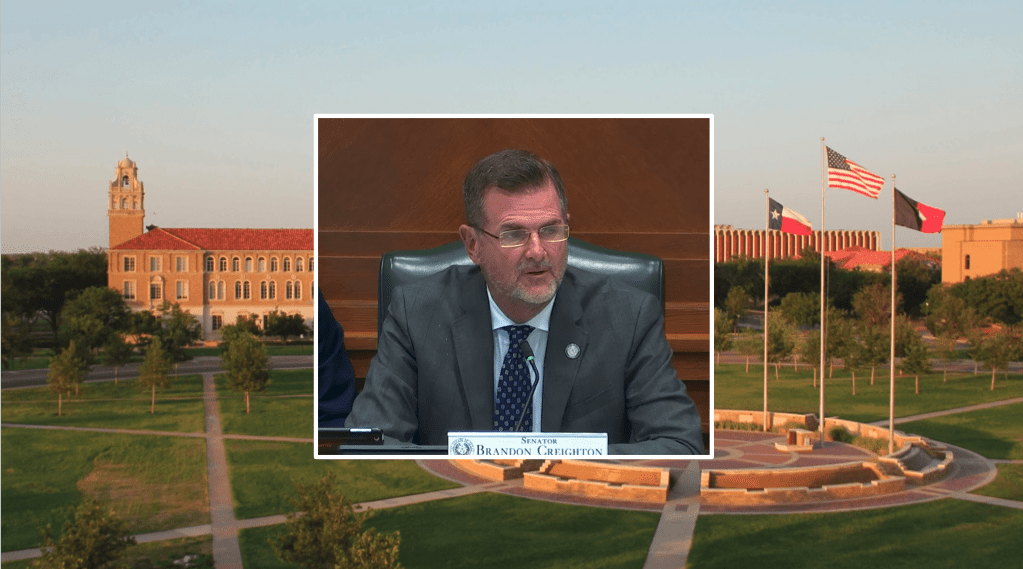In the past 18 years, since Congress last adopted a balanced budget, growing the federal deficit seems to be a reliable point of unity for the majority of lawmakers on both sides of the aisle.
This week, federal budget negotiators led by Speaker Nancy Pelosi and Treasury Secretary Steven Mnuchin agreed to a budget deal that increases spending by $320 billion more than allowed by the Budget Control Act of 2011 and raises the debt ceiling until July 2021.
Sen. Ted Cruz issued a statement blasting the deal, saying, “The budget deal reached by administration negotiators and congressional leadership is yet another missed opportunity to rein in excessive government spending. This deal irresponsibly jacks up spending by $320 billion without real offsets and suspends the debt limit into 2021. Instead of finally dealing with our nearly $1 trillion deficit and $22 trillion debt, this deal just kicks the can down the road again.”
Cruz went on to urge White House negotiators back to the table to fight for a better deal; however, President Trump has already issued a statement via Twitter endorsing the proposed deal.
 Sen. John Cornyn took a different stance than Cruz, his Senate colleague. In surrendering on any attempt to fight for a better deal, Cornyn gave a statement to Fox News: “I wish we could address debt and deficit reduction. But it’s not going to happen on this deal.”
Sen. John Cornyn took a different stance than Cruz, his Senate colleague. In surrendering on any attempt to fight for a better deal, Cornyn gave a statement to Fox News: “I wish we could address debt and deficit reduction. But it’s not going to happen on this deal.”
Other members of the Texas delegation who have taken positions against the budget deal are Congressmen Lance Gooden (R-TX 5), and Chip Roy (R-TX 21).
Roy issued a statement on his campaign Facebook page joining Cruz in calling for Congress to oppose the deal.
“Congress should reject the current spending “deal,” which fails in virtually all respects. It busts caps (further), increases debt, funds Planned Parenthood … yet, does not fund ICE and border security fully. So, it does NOT do what we said.” – Congressman Chip Roy
Congressional leaders are reportedly working to rush the budget deal through as quickly as possible, in order to allow lawmakers to leave in time for the August recess.
With the national debt soaring to an unfathomable $22.5 trillion, voters should question any returning representatives who support the deficit-growing rampage.





